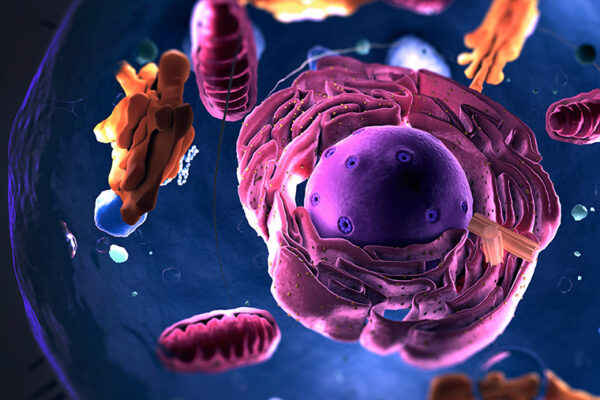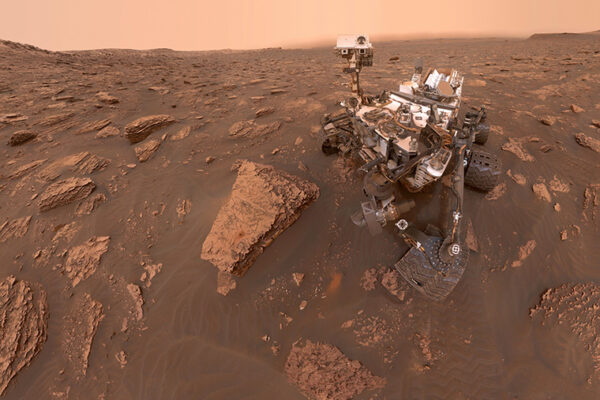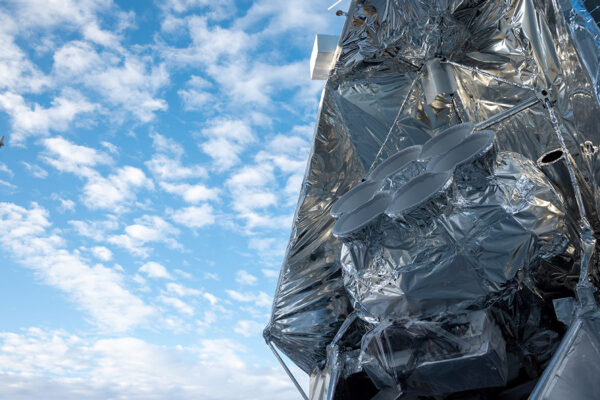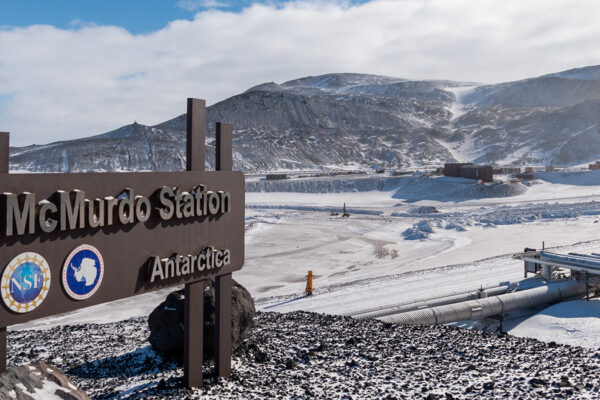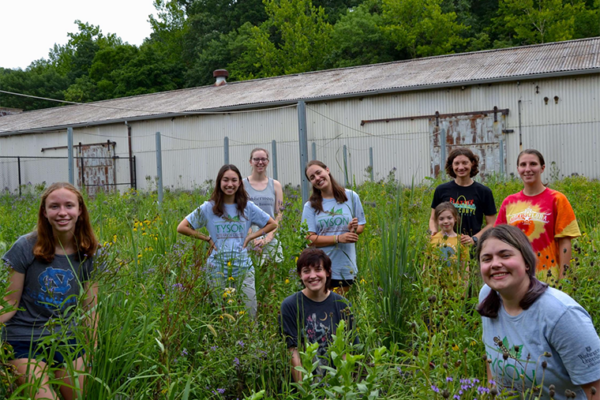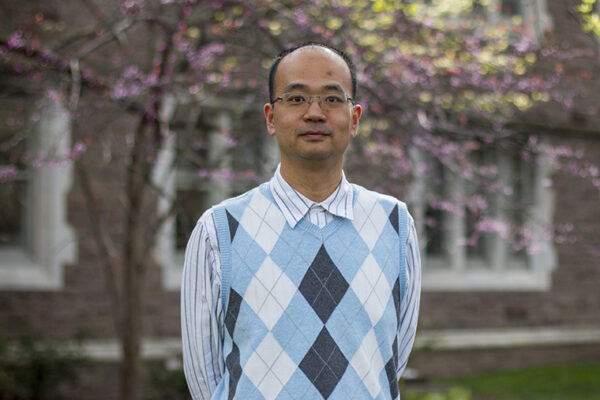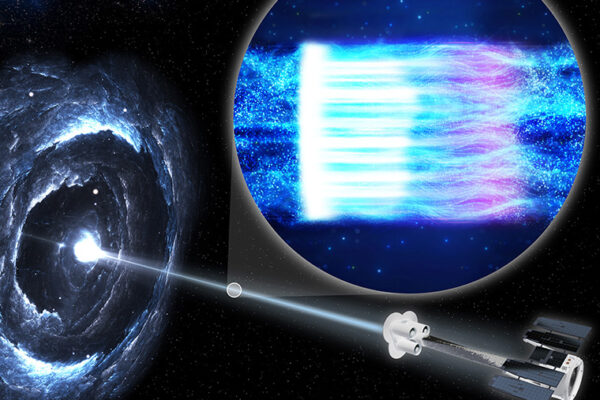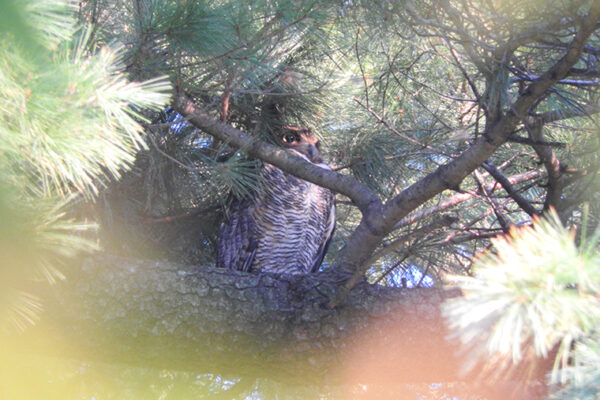Organelles grow in random bursts
Far from orderly “brick-by-brick” assembly, the internal structures of cells are grown in stochastic bursts, according to physicist Shankar Mukherji in Arts & Sciences, author of a Jan. 6 study in Physical Review Letters.
Experimentalists: Sorry, no oxygen required to make these minerals on Mars
Scientists at Washington University in St. Louis discovered that under Mars-like conditions, manganese oxides can be readily formed without atmospheric oxygen. The study from the laboratory of Jeffrey Catalano in Arts & Sciences was published Dec. 22 in Nature Geoscience.
SPIDER launches from Antarctica
A team of scientists including physicist Johanna Nagy at Washington University in St. Louis successfully launched a balloon-borne experiment studying the early universe on Dec. 21. The instrument, called SPIDER, was carried aloft by a scientific balloon from its launch pad in Antarctica.
Precision insights can be found in wastewater
Fangqiong Ling at the McKelvey School of Engineering and Likai Chen in Arts & Sciences developed a machine learning model that uses the assortment of microbes found in wastewater to tease out how many individual people they represent. Their study was published in PLOS Computational Biology.
Back to Antarctica with SPIDER
Physicist Johanna Nagy in Arts & Sciences chases traces of “the beginning of the universe” using a balloon-borne instrument that will be launched in the next few weeks.
‘Humans of Tyson’ project highlighted at statewide conference
Colleen McDermott, a junior environmental analysis major in Arts & Sciences, discussed working with the “Humans of Tyson” project at Tyson Research Center during the recent 2022 Kansas and Missouri Environmental Education Conference.
Tang elected American Mathematical Society fellow
Xiang Tang, a professor of mathematics and statistics in Arts & Sciences, was elected to the 2023 class of fellows of the American Mathematical Society. He is a leading expert in noncommutative geometry, index theory and Poisson geometry.
Physicists awarded DOE supercomputing time for ‘high-impact’ projects
Alex Chen, Saori Pastore, Maria Piarulli and Yajie Yuan, all in Arts & Sciences, will pursue transformational advances in their fields using the Department of Energy’s leadership-class supercomputers.
Physicist Errando helps NASA solve black hole jet mystery
Manel Errando in Arts & Sciences is part of a team that determined that particle acceleration within black hole jets is best explained by a shock wave within the jet.
Forest Park Living Lab
Combining experts in wildlife ecology, animal movement and veterinary medicine, the new Forest Park Living Lab examines wildlife health, behavior and interactions in the mosaic of ecosystems in Forest Park. The project received a Living Earth Collaborative seed grant in 2020.
View More Stories
